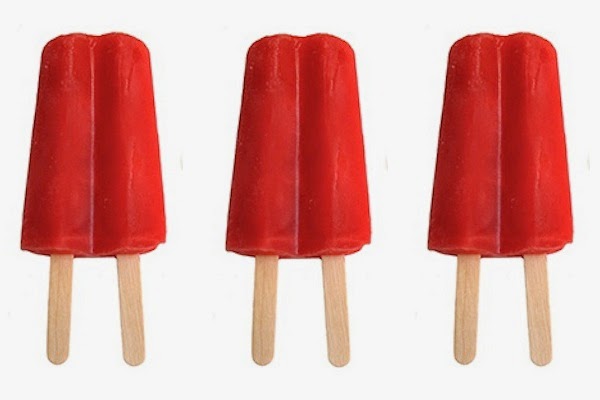All of us have had periods of change in our lives where we have physically had to pick up, pack up, and move all of our belongings to a new apartment, new house, new state. I have moved eight times in my adult life, and each time, the part of my house that has been hardest to move has been my books.
Tons of books. Literally. When I moved to Utah, I was paying by the pound, so I sorted the books and gave boxes to my friends' classroom libraries and donated to the local retirement home. I still had a ton. A literal ton. They weighed. I paid. What was I going to do? I knew them all by name.
When I married my husband, my book collection grew in another direction. Art books. Beautiful, color, heavy books of photography. Shelves of electronics and mathematics texts. And his son, with his own sets of
Transformers and
Narnia.
By the time we moved again, we were up to 3.5 tons. That translates to eleven Ikea Billy Bookcases, several baskets, and stacks against the wall where I think no one will look. And don't get me started about what's on my Kindle.
The point is, we are book people. That's why we love libraries. And it's why weeding our collections is so very, very hard.
However, our school libraries are a critical educational resource, and we have a responsibility to our schools and district to maintain it--maintain the average age, ensure correct and appropriate content, and the and cut the deadwood.
I love this
article by Doug Johnson about weeding. He brings up many great points about why it's hard to weed, including small budgets for replacement.
One very sweet library media specialist came up to me after I gave a talk on budgets in which I railed about weeding. “But, Doug,” she said, “if we weed, our collection will be too small for our school to meet our accreditation standards.” My tongue-in-check advice was to replace the books with those fake book jacket pieces one finds in furniture stores if the standards only required quantity not quality. Whether directly stated or not, I am quite sure her accreditation standards call for usable books, not just any books in the library. ("Weed!")
As states, districts, and schools look at their statistics, it's clear that all public and school libraries could box up a few books and move them to the Great Book Beyond. It's hard for many reasons--finding the time. Choosing the books to go. Having concerns about having a section that is...empty.
What should we weed? Just a starter list...
- Books that no one has read in 3-5 or more years. There might be a reason--unless you just pulled it out from behind a stack of books about "The New ELECTRIC Light!" where it's been mis-shelved for years.
- Books that are physically done. Bugs are a good indicator. Or missing pages.
- Books you have too many copies of--the vampire craze has gone. Make way for the zombies.
- Bias. Don't even get me started about those "Jobs for Girls!"books.
What do you think about Doug's article on weeding?
What strategies do you find helpful when you are weeding? How do you schedule time? Do your parent or student volunteers help? What tips and tricks do you have for this process?























